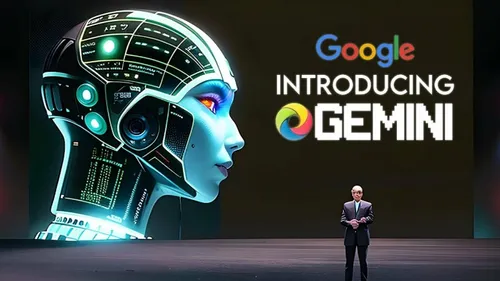
Google’s Gemini is making waves in the AI world by reintroducing the ability to create AI-generated people, reigniting the debate over the ethical and creative implications of this powerful technology. Gemini, Google’s next-generation AI platform, comes with a suite of advanced features, and one of the most intriguing is its ability to create hyper-realistic human avatars.
This development marks a return to a controversial capability that had previously been sidelined due to concerns about deepfakes, identity theft, and misinformation. But Google has taken a more cautious approach this time, implementing strict guidelines and safeguards to ensure that the technology is used responsibly.
For creators, marketers, and designers, this tool unlocks new possibilities for producing realistic digital personas, enhancing everything from virtual influencers to customer service avatars. The AI-generated people created through Gemini can be customized in appearance, personality traits, and even voice, offering unparalleled flexibility in content creation.
However, the reintroduction of AI-generated people also raises significant concerns. Critics argue that despite the safeguards, the technology could still be misused to create deceptive content or infringe on individuals’ privacy. Others worry about the broader societal impact, including potential job displacement in industries where human interaction is key.
Google, aware of these concerns, has emphasized transparency and user consent in the use of Gemini’s AI-generated people feature. Users will be required to label content as AI-generated, and Google will actively monitor for misuse.
As Gemini rolls out more broadly, the world will be watching closely to see how this technology shapes the digital landscape. Will AI-generated people become a creative boon, or will they deepen the complexities of trust and authenticity in the digital age? Google’s approach with Gemini may set the tone for the future of AI in our everyday lives.
Leave a Reply